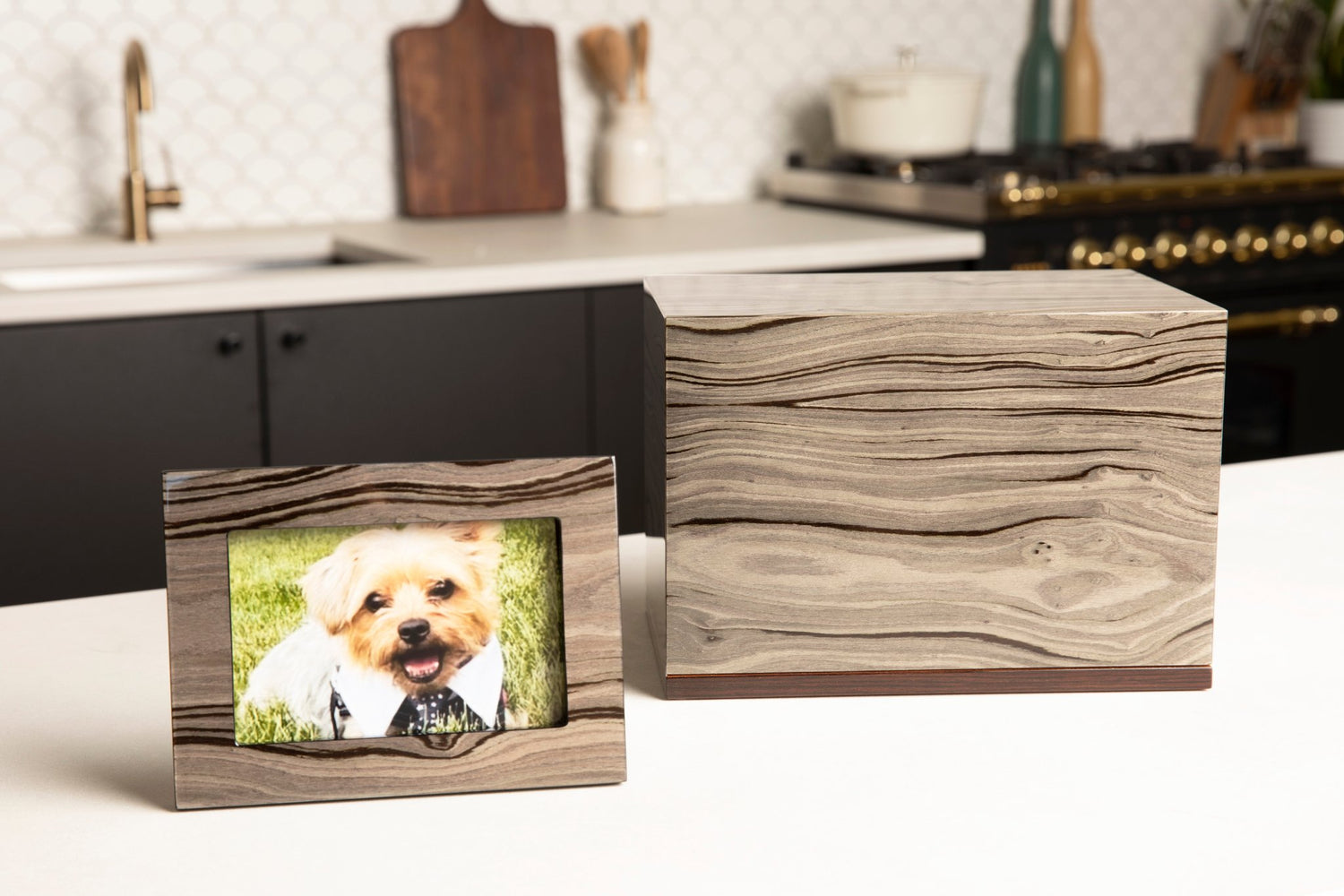How to Navigate the Pet Loss Journey
Written by Katie Lawlor, Psy.D.
The cooler weather and beautiful fall colors are a sign that fall is upon us, and winter will soon follow. This also means that the amount of daylight we have each day is slowly dwindling.
According to Psychology Today, as many as 10 million Americans will start to feel the effects of Seasonal Affective Disorder (SAD).
Signs of SAD
Seasonal Affective Disorder (SAD) is a change in mood that happens around the same time each year and affects a person’s ability to function. It’s sometimes referred to as seasonal depression or the “winter blues.” It can also be attached to a mood disorder diagnosis, like major depressive disorder “with a seasonal pattern.” SAD is characterized by any combination of the following:
- Feelings of sadness or despair
- Lack of interest in activities you once enjoyed
- Low energy / feeling sluggish
- Feeling agitated or irritable
- Difficulty concentrating
While we know grief affects everyone differently, many grief reactions are similar to those of SAD.
Causes of SAD
According to Mayo Clinic, the exact cause of SAD is unknown, but researchers believe that some contributing factors include changes in our sleep / wake cycle, as well as fluctuations in our serotonin and melatonin levels due to decreased levels of sunlight exposure in the winter months. The result is altered sleep patterns and a change in mood.
Furthermore, many people experience a resurgence of grief reactions each year near the anniversary of their animal companion’s death. If your loss occurred in the fall or winter months, it can be especially difficult to distinguish if an individual is experiencing primarily grief, SAD, or both simultaneously. The concern is that symptoms of grief and SAD exacerbate each other.
Coping Skills for Co-occurring Grief and SAD
- Expose yourself to sunlight, whenever possible. Outdoor time can be limited during the colder months, however try to get outside at least daily, even if it’s just a trip to the
- A short brisk walk can drastically improve your mood and can help fend off the feelings of sluggishness and fatigue.
- Create a cozy space at home next to a window where you can sit and enjoy the natural Open blinds and curtains to let light in during the day.
- Continue to be gentle with yourself through the grieving process. Losing a beloved animal can be incredibly trying and you deserve kindness and support as you process the loss, especially as the holidays approach.
- Above all else, it’s important to remember that although the season we are in is challenging, it is just that – a season, and it too shall pass.
Dr. Katie Lawlor, Psy.D. is a psychologist who specializes in pet loss support and veterinary mental health. Katie is the Director of the Veterinary Mental Health Initiative and co-founder of the Pet Loss Community, an online platform where pet parents who are struggling with loss and grief can find support, encouragement and a way through their pain. To learn more about the Pet Loss Community, click here: www.petlosscommunity.podia.com
Source: Stephanie Pritchard, LPC, NCC for the Daily News







